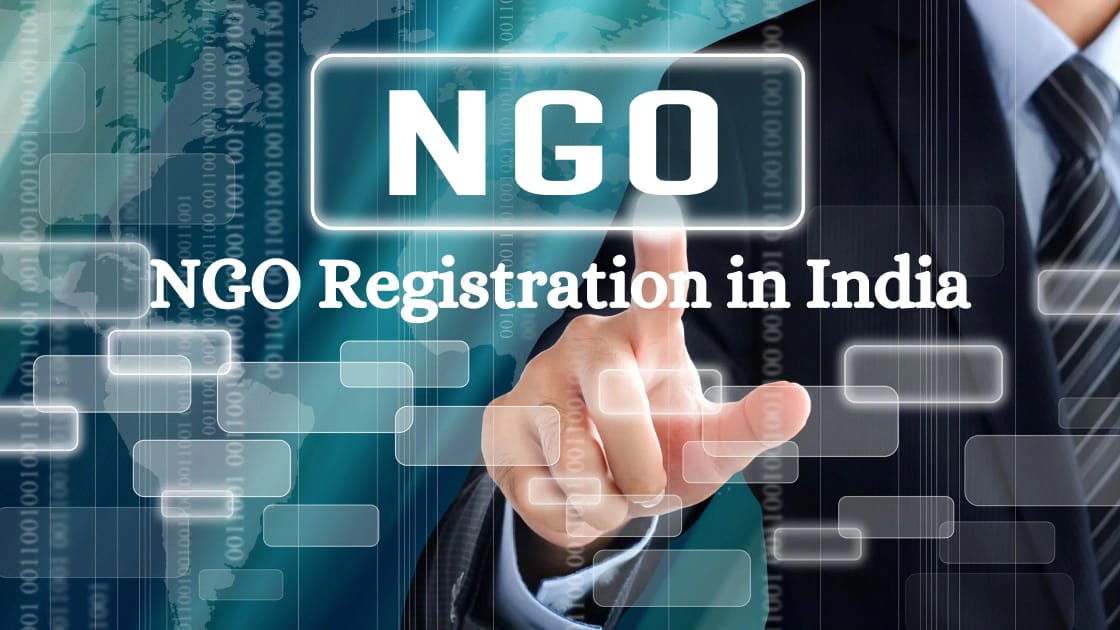Ngo Registration
-
Three Legal Structures – Trust, Society, Section 8 Company
-
Non-Profit Objective – Aimed at public welfare, not private profit
-
Legal Recognition – Required to open a bank account, apply for grants, and tax exemption
-
Tax Benefits – Eligible for 12A & 80G exemption (after registration)


